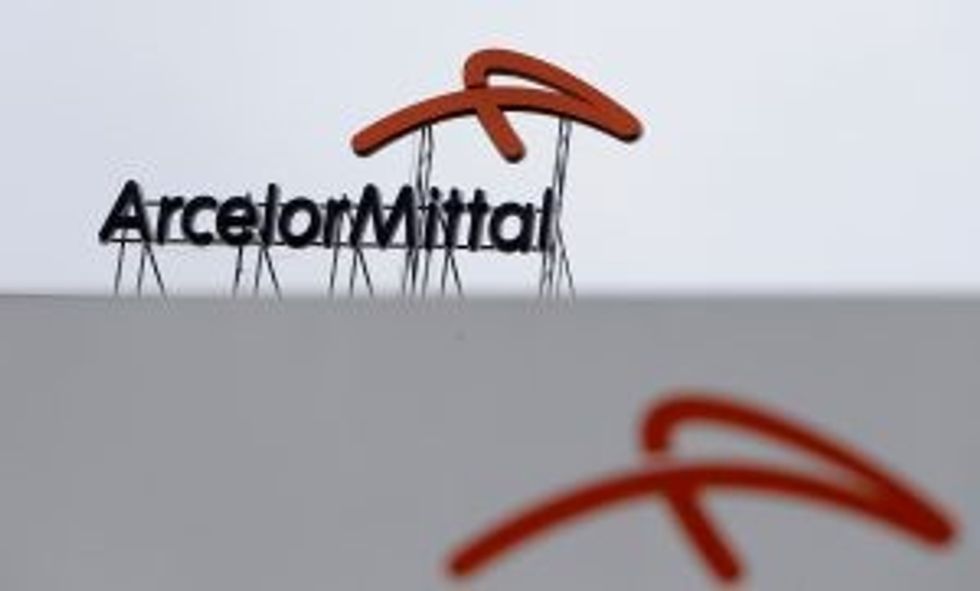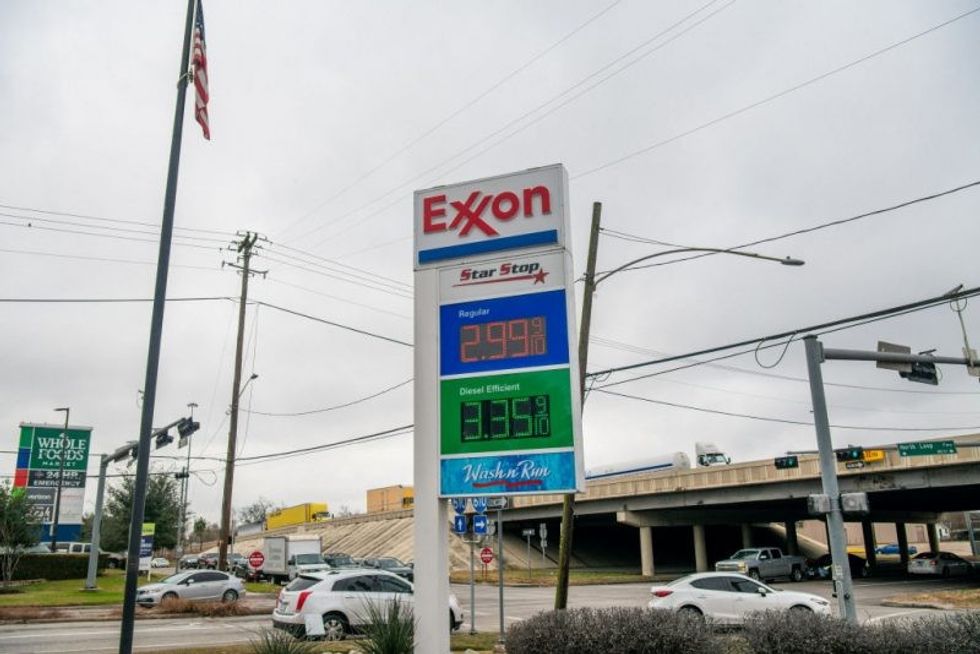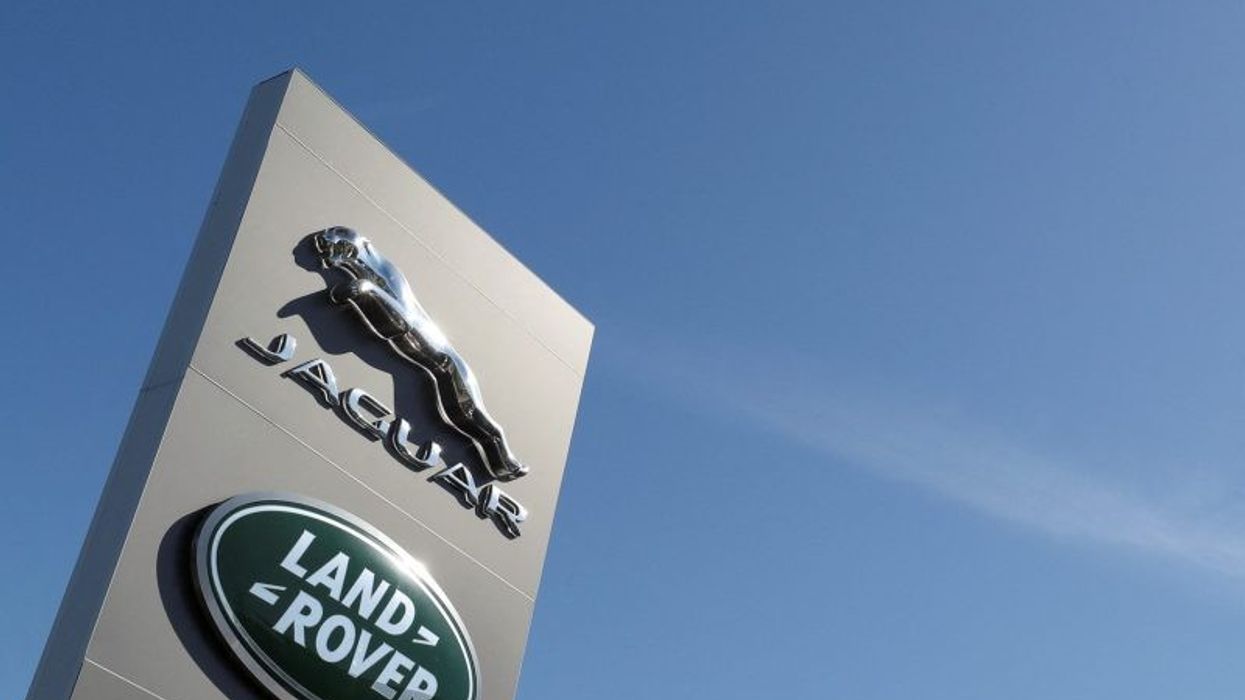JAGUAR LAND ROVER has said it is pausing deliveries of its cars to Russia due to “trading challenges”, while leading steelmaker ArcelorMittal announced a reduction in its production in Ukraine.
A statement from Britain-based JLR, owned by India's Tata Motors said on Tuesday (1), “the current global context... presents us with trading challenges so we are pausing the delivery of vehicles into the Russian market.”
JLR’s statement came as the West imposed sanctions on Russia over its military action in Ukraine.

ArcelorMittal cited the developments in Ukraine and the potential impact on workers to slow down its production to a “technical minimum” in the eastern European country.
“... Our team is working to slow down production to a technical minimum and production will be stopped at our underground mines. We all hope for a swift resolution”, the Luxembourg-based company tweeted last week.
“ArcelorMittal is deeply concerned about the developments in Ukraine & potential impact this will have on our colleagues in the country. Our priority is our people...,” the company said in its message.
It runs one of Europe's biggest steel mills at Kryvyi Rih in central Ukraine with about 29,000 employees and contractors.
ONGC in a fix
New Delhi has not joined the West in imposing sanctions on Moscow but the American oil and gas giant ExxonMobil Corp's decision to exit Russia has put India's flagship company ONGC in a fix.
Its overseas arm ONGC Videsh is a partner in the Exxon-operated Sakhalin-1 oil fields in Far East Russia.
Exxon holds a 30 per cent stake in the Sakhalin-1 offshore oil assets, where ONGC Videsh has a 20 per cent interest.
The field, which produced some 227,400 barrels of oil a day (11.35 million tonnes a year) and more than 12 billion cubic metres of natural and associated gas in 2021, is operated by Exxon.
While it has not put a timeframe for leaving the venture, the exit of Exxon would mean its technical manpower and expertise would no longer be available at the project, three sources with direct knowledge of the matter said.
In all likelihood, Russia's Rosneft, which holds a 20 per cent participating interest in the fields, will take over Exxon's share, they said.
The Sakhalin-1 project, where the partners have so far invested $17 billion (£12.72 bn) in developing the reserves lying below the sea that freezes during winter, is regarded as a technical marvel.
It involved developing three oil and gas fields off Sakhalin - Odoptu, Chayvo and Arkutun-Dagi - by drilling record-setting wells from shore that bored down and sideways for up to seven miles to reach the reservoirs that had frustrated the Soviets when they discovered oil there in 1979.
ONGC Videsh joined the project in 2001 and Exxon began pumping oil from the fields that were considered too deep and remote to produce, in 2005.

Exxon has stated that it is starting a process to discontinue operations and developing steps to exit the Sakhalin-1 venture. It would no longer invest in new developments.
Exxon, which joined BP and Shell to announce exit from Russia over Moscow's invasion of Ukraine, has told foreign managers to leave the project, the sources said, adding a couple of wells may be on course for a shutdown.
The majority of the managers at the project are foreign nationals while US contractor Parker Drilling is in charge of almost all drilling operations, they said, adding Exxon relies on other US and international contractors for operations.
The foreign staff in all likelihood will leave the project over the next few days, the sources said.
Besides Exxon and ONGC Videsh, Japanese consortium Sodeco has a 30 per cent interest in Sakhalin-1 and Russian producer Rosneft has the remaining 20 per cent.
Non-associated gas from the Chayvo field was planned to be sent by a new pipeline to a 6.2 million tons per annum liquefaction facility to be built at the port of De Kastri on the Russian mainland.
Exxon's exit will in all likelihood delay the project, sources said, adding western sanctions on Russia would mean that arranging finance for the multi-billion-dollar development and LNG project will be difficult.
ONGC Videsh's share from Sakhalin-1, which is spread over an area of 1,140 square kilometres, is 45,400 barrels per day (2.27 million tonnes)
The Indian firm also holds a 26 per cent stake in the Vankor field which produces some 11 million tons of oil per year. A consortium of Oil India Ltd, Indian Oil Corporation and a unit of Bharat Petroleum Corp Ltd holds another 23.9 per cent stake in the project.
This project is not so complicated as Rosneft is the operator of the field with a 50.1 per cent stake, the sources said. The Russian firm will continue to manage operations without much hindrance.
The Indian partners have already repatriated their dividend income from last year and so they will not face any immediate challenge there, they added.
Russia is India's single biggest investment destination for oil and gas projects. While ONGC Videsh spent $1.7 bn (£1.27 bn) for its 20 per cent stake in Sakhalin-1 in 2001, it bought Imperial Energy in 2009 for $2.1 bn (£1.57).
Following Russia's invasion of Ukraine, oil majors BP and Shell and Norway's Equinor earlier this week said they would exit Russian joint venture projects and withdraw personnel from the country.
French firm Total Energies has stated that it will no longer provide new capital to projects in Russia but stopped short of announcing a plan to exit investments.




